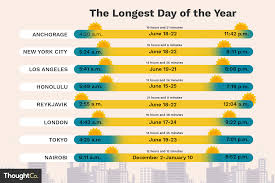Exploring the Royal Society: A Hub for Science and Innovation

Introduction
The Royal Society, founded in 1660, stands as one of the oldest and most prestigious scientific institutions in the world. As a pivotal hub for scientific knowledge and innovation, the Royal Society plays an essential role in supporting research, fostering collaboration among scientists, and advising the government on science policy. Its impacts reverberate throughout the UK and globally, making its activities highly relevant amidst contemporary challenges like climate change, public health crises, and technological advancements.
History and Achievements
Over the past 360 years, the Royal Society has been at the forefront of scientific discovery and thought leadership. Established in London, it has nurtured many groundbreaking theories and practices. Notable members have included notable figures like Isaac Newton, Charles Darwin, and Stephen Hawking. The Society’s commitment to advancing scientific understanding has resulted in numerous publications, including the prestigious “Philosophical Transactions,” which is the world’s first science journal.
Current Initiatives
Today, the Royal Society continues to champion scientific excellence through various initiatives. One of its key programs includes funding research projects that promise to address pressing societal issues, particularly those impacting public health and environmental sustainability. Recently, the Society has increased its focus on promoting diversity within the STEM fields, ensuring that science is inclusive and representative of society at large. Efforts have been made to support underrepresented demographics, offering grants and resources to facilitate their entry into scientific careers.
Advisory Role
Moreover, the Royal Society serves as an advisory body to the UK government, providing expertise on science policy and regulation. In light of the COVID-19 pandemic, the Society played a crucial role by guiding health officials and policymakers based on scientific evidence, emphasizing the importance of sound research in decision-making processes. Such contributions underline the necessity of integrating scientific advice into public policy as nations face unprecedented challenges.
Conclusion
The Royal Society remains a vanguard of scientific progress, embodying a commitment to fostering innovation while addressing global challenges. As it continues to support foundational research, inspire the next generation of scientists, and provide crucial advice to policymakers, its influence will undoubtedly persist in shaping the future of science and society alike. The Society’s ongoing relevance is a testament to the enduring value of science in navigating both current and future societal challenges, serving as a beacon for scientific inquiry and collaboration.









